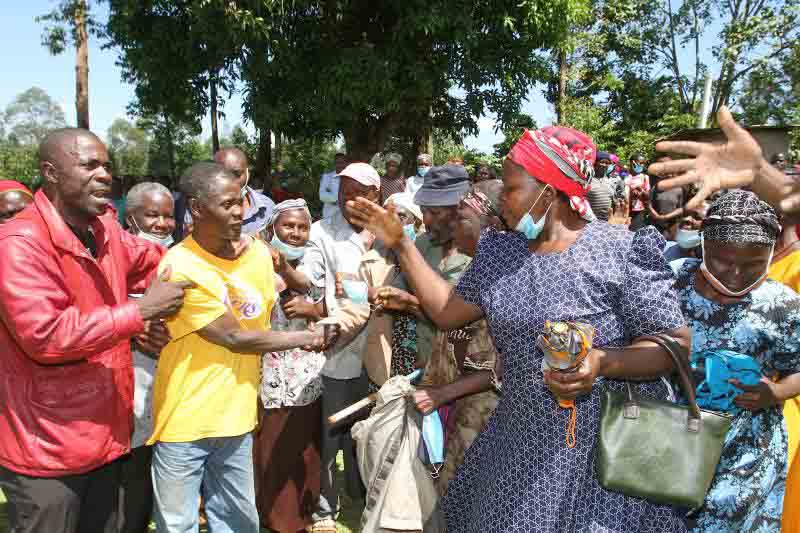×
The Standard e-Paper
Fearless, Trusted News

Anthony Muhati was said to have died last year under unclear circumstances and was “buried” at his rural home in Shirule village, Ikolomani Sub-county, only to resurface on Wednesday last week.
The 58-year-old farm hand travelled from Cherengani in Trans Nzoia County to Ikolomani in Kakamega County, some 160 kilometres, to “deal with the news” of his death which he heard on Monday.